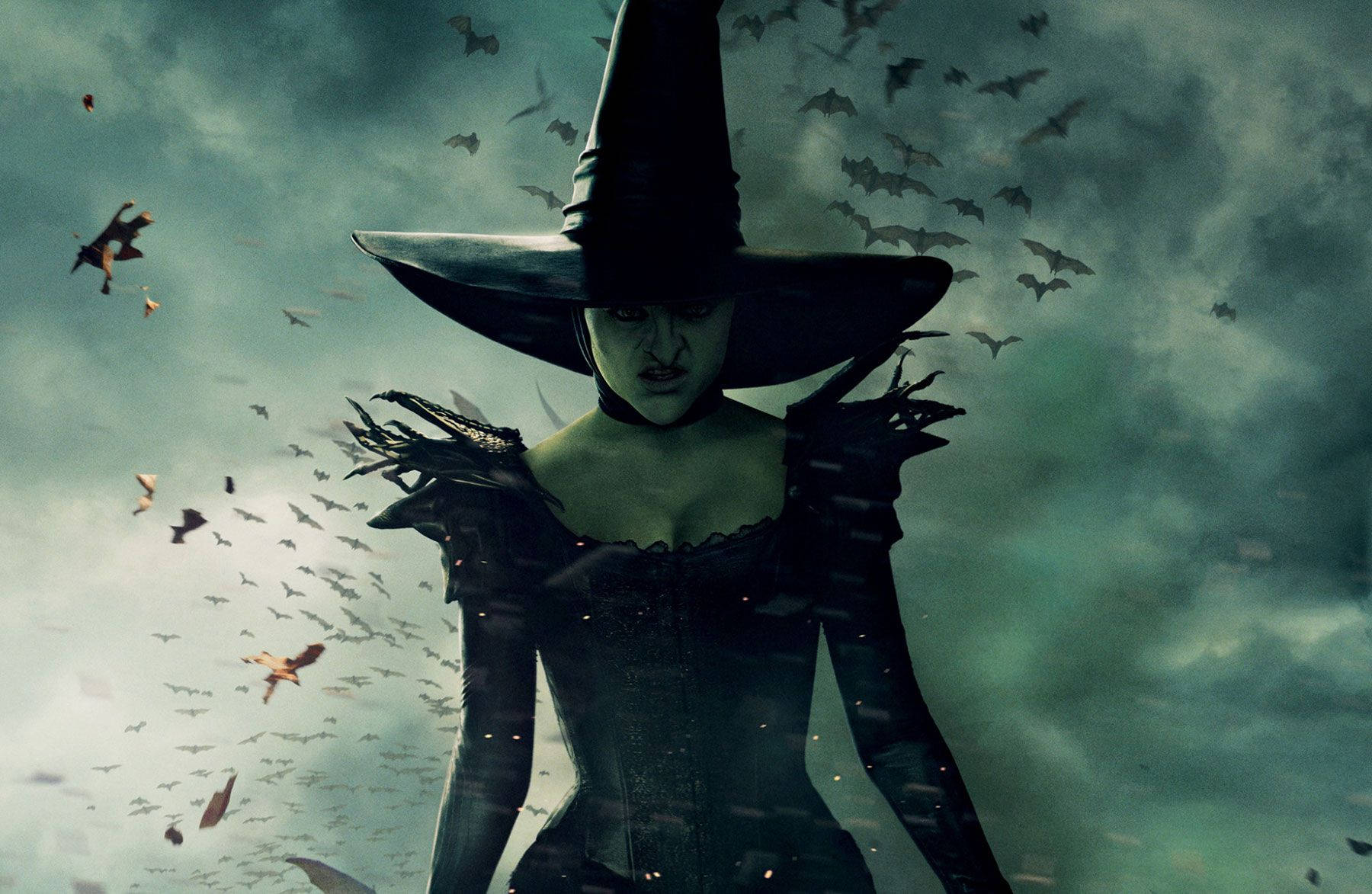
FAQ About Magic in the Middle Ages
Magic in the Middle Ages
2 years ago | gizem
How did medieval beliefs in magic affect the practice of medicine and healing?
Medieval beliefs in magic had a profound impact on the practice of medicine and healing during that period. The line between what we now consider "medicine" and "magic" was often blurred in medieval times, and various healing practices incorporated elements of both. Here are some ways in which medieval beliefs in magic affected the practice of medicine and healing:
- Magical Herbalism: Herbal remedies were central to medieval medicine, and many medicinal plants were believed to possess magical properties. Herbalists and healers used plants not only for their known medicinal properties but also for their symbolic and magical associations.
- Astrological Medicine: Astrological principles influenced medical practices in medieval times. Physicians believed that celestial bodies influenced health and disease, and they used astrological charts to determine auspicious times for medical treatments.
- Talismanic Healing: Talismans and amulets were often used for healing purposes. These magical objects were believed to protect against illness or to aid in the recovery of the sick.
- Divination for Diagnosis: Divination methods, such as reading the stars or interpreting dreams, were sometimes used to diagnose illnesses and determine the appropriate treatment.
- Healing Charms and Incantations: Healing charms and incantations were recited to invoke divine or supernatural assistance in the healing process.
- The Role of Faith and Prayer: Faith healing was an essential aspect of medieval medicine. Prayers, pilgrimage to holy sites, and the veneration of relics were believed to bring about miraculous healings.
- Magical Surgery: Surgical procedures were often performed with the belief in magical symbols or incantations to protect the patient and ensure a successful outcome.
- Cunning Folk and Folk Healers: Cunning folk, village healers, and wise women often combined folk medicine with magical practices to treat various ailments. They were believed to have knowledge of charms and folk remedies passed down through generations.
- Influence of Alchemy: Alchemy, which was closely related to medieval magical practices, also influenced medicine. Alchemists sought the "elixir of life" and the transmutation of metals, but their research also contributed to advancements in the understanding of medicinal substances and compounds.
- Interactions with Folk Beliefs: Folk beliefs and traditions surrounding health and illness often incorporated magical elements, such as the use of amulets to ward off sickness or the belief in the "evil eye" as a cause of disease.
